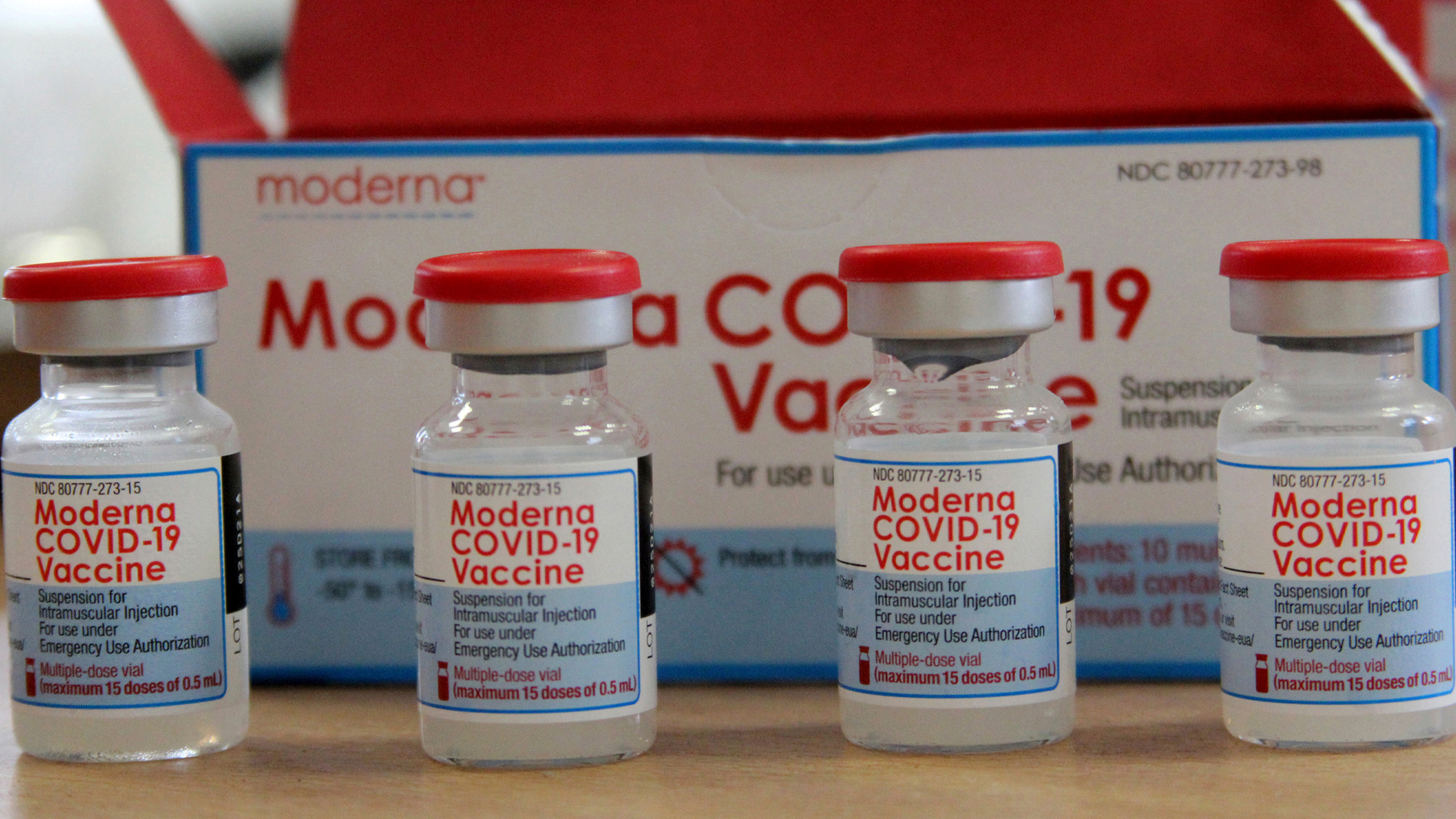
Nearly three years after the coronavirus pandemic began, life has returned to something akin to normal. One of the main reasons why our health and lives are not still at great risk is because of the advent of mRNA vaccines.
Among the many scientific heroes who helped develop this technology was Derrick Rossi, a molecular biologist from Scarborough, Ont., who studied at the University of Toronto. He had research, data and pre-clinical findings that showed great promise for a new era of stem cell therapeutics and immunology based on RNA.
Unfortunately, Rossi did not have access to capital or commercial expertise to further his work in Canada. He would eventually end up at Harvard Medical School, where he co-founded Moderna in 2010 to develop mRNA vaccines, including one that later played a critical role in curbing COVID-19.
Over the years, the lack of an ecosystem to commercialize home-grown, Canadian scientific breakthroughs has meant multiple lost opportunities. The coronavirus pandemic presented a once-in-a-generation moment: Our research community, venture capital community and policymakers united in common cause. As a result, innovation and technology sectors are beginning to see the benefits of that collaboration with new and scaling companies. But, the work that is needed is far from done. New and additional efforts are essential to make sure future Modernas can be hatched in an environment that supports commercialization and growth globally without leaving Canada.
This country punches way above its weight in life science breakthroughs. Beyond Moderna’s advances, there is Canadian science in virtually every COVID vaccine. But if we are to share in the prosperity of the knowledge economy, a stronger ecosystem which fosters investment, commercialization and growth must be developed.
The story of Dr. Rossi and many others like him point to the need for access to capital earlier to support them through the start-up and pre-clinical stage of development. A dearth of “seed capital” in Canada for entrepreneurial scientists has led to the current situation where investments necessary for growth start flowing only once a company has a product ready for clinical testing.
One tool to help make this happen in life sciences is the MaRS-adMare Therapeutics Accelerator. Providing expertise, mentoring, capital and space to promising emerging companies increases the likelihood they will grow. MaRS and adMare-supported companies –– where we, the authors, work –– have raised billions of dollars in risk capital, scaled to commercial success. If more emerging companies had access to these tools at home, they could advance their innovations without leaving Canada.
Finally, there is a shortage of commercially focused wet lab space in urban centres where scientific innovation is buzzing. Fledgling life science companies need wet lab space and other infrastructure to prepare their discoveries for clinical stages.
Successful life sciences hubs around the world are located close to major research institutions or near facilities where life sciences researchers live and work. With so much office space now sitting empty due to the emergence of remote work, there is an opportunity to convert these buildings into areas for the place-based commercialization of scientific breakthroughs. Currently, Canadian innovation centres including at MaRS, are bursting at the seams.
Highly successful ecosystems exist in the Silicon Valley and the Boston biotech hubs, which are magnets for top talent and innovation from around the world. The same thing can be achieved in Toronto, Montreal and Vancouver.
Canada already has many of the fundamental ingredients: world-leading research institutions, emerging capital markets, health-care networks and, most importantly, globally relevant breakthrough science. By adding access to more clinical commercialization expertise and mentorship, companies can be empowered to reach regulatory approval in Canada.
The key element in this strategy is retention. Right now, attracting talent through academic and clinical opportunities is happening. But, too often, these experts opt to leave Canada for places that do a better job fostering their journey to the marketplace. In the age of pandemics and rapid health-care breakthroughs, there is a generational opportunity to build a life sciences commercialization system for the future. By adding access to early-stage capital, top-tier infrastructure and Canadian-based networks of expertise, Canadian biotech industries may thrive at home.














